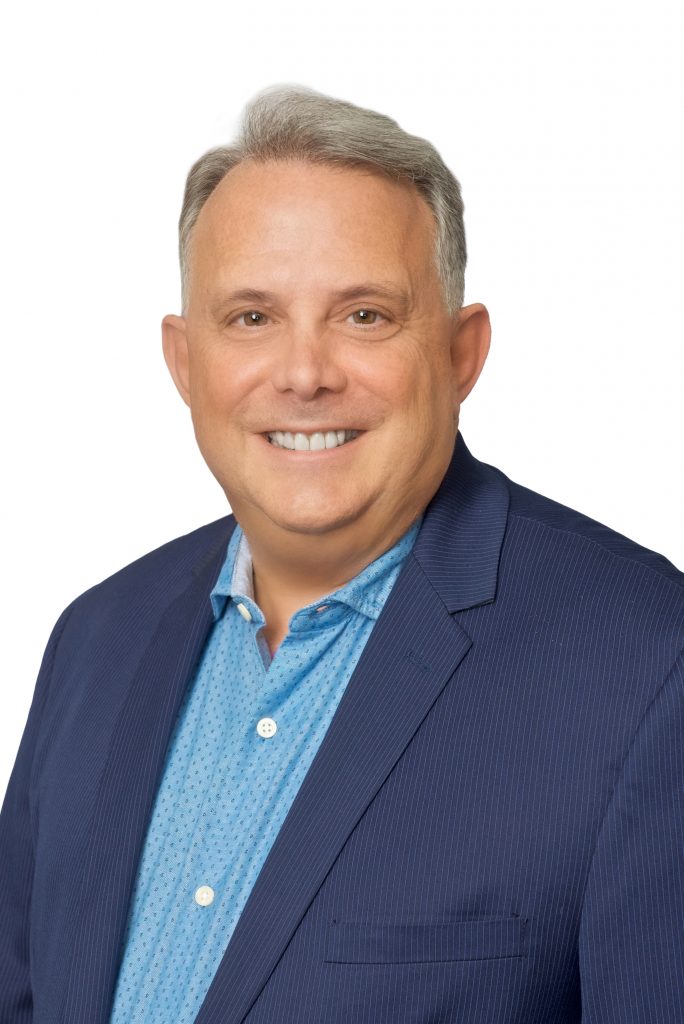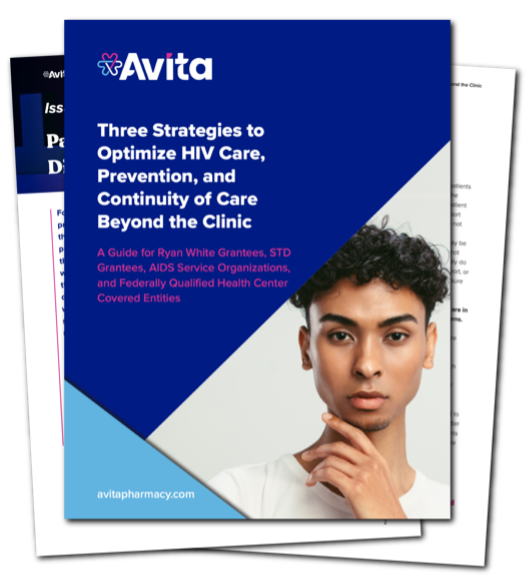SPONSORED CONTENT
If you work for an organization specializing in HIV care and/or prevention, you no doubt work incredibly hard to ensure you provide care that is patient-focused in an environment that is affirming and welcoming. I can imagine on your clinic’s walls there are informational posters about the importance of preventative tools like PrEP. On Facebook and Twitter, you might post about the importance of U=U and breaking down the barriers caused by decades of shame and stigma. You are also likely surrounded by health care providers and staff who understand the unique experiences of LGBTQIA+ patients and who treat every single person with care and respect. In your work in HIV prevention or with individuals living with HIV, you understand how important it is to ensure that every single touchpoint in a patient’s care journey aligns with your overall mission. You make every effort to ensure that you meet the specific needs of your community and that each patient feels welcome and comfortable. At the end of the day, all that care and attention means that you don’t just serve your community—you are the community for those you serve.
For more than 40 years, Ryan White HIV/AIDS providers have built a culturally competent system of care for people living with HIV. The commitment from Ryan White grantees and providers helps ensure that people living with HIV receive the care they need and that we continue moving toward the ultimate goal of ending the HIV epidemic in the United States. The linchpin to all those efforts, however, is maintaining that culturally competent system of care along every step in the patient care journey.
Here’s something you’ve maybe never considered: What barriers might arise when your patients walk outside of your doors and go to get their medications filled?
Can you be sure that the pharmacy down the street from your office or around the corner from a patient’s home puts the same effort into cultural competency as you do? Is the pharmacy technician using the new chosen name of the transgender patient just beginning their hormone replacement therapy? Is the gender-fluid patient who just moved to town and sent their PrEP prescription to the retail chain nearest their home being addressed by their correct pronouns? Does the pharmacist down the street understand the difference between counseling a patient on HIV treatment versus HIV prevention?
If you don’t have a trusted pharmacy partnership, these questions may be impossible for you to answer. You might assume your patients know how to choose the pharmacy that best fits their needs. The truth is that most patients choose their pharmacy based primarily on convenience, which typically translates to location. Most patients assume that one pharmacy is as good as the next. But as professionals in this industry, we know there can be significant differences. Discrimination in health care exists and there is often a wide difference in care quality and attention. And, unfortunately, it exists in the pharmacy setting as well.
Don’t underestimate the clinical importance of a knowledgeable, culturally competent partner.
A patient newly diagnosed with HIV will have different questions about their medication than someone who has lived with HIV for years and is now dealing with new comorbidities. A Black heterosexual woman will have different preferences in the manner of care than a white man who has sex with men (MSM). A transgender versus a cisgender patient will face very different experiences between the clinic and the pharmacy counter. But even those examples are an oversimplification. Because the truth is that when it comes to patient care, there is no such thing as a demographic. There is only the individual. And each individual requires the utmost care and individual attention.
If you have existing contract pharmacy relationships, do they understand that and are they aligned with your mission?
Contract pharmacy partners and their pharmacy teams are an integral part of a patient’s care team. For that reason, their culture should meet the high standards and expectations for patient care you have achieved at your organization. Their clinical and cultural goals should be directly aligned with yours, otherwise all the care and attention you have put into patient care can begin to unravel and eventually lead to unfilled prescriptions and dropped care.
Cultural competency, like clinical care, is a continuum.
For over 20 years, Avita has been providing care to those living with HIV who were facing barriers and discrimination when trying to access life-saving medication. Today, our AAHIVP-certified pharmacy teams serve patients in partnership with over 250 community-focused health care organizations across the country. And it’s not only our pharmacy teams who partner with you in your mission. It’s the whole Avita family—340B Finance, Information Technology, patient outreach Care Teams, Marketing and Communications, Account Management, and Compliance—partnering with Avita means you have access to experts across the professional spectrum to help you optimize your patient care, grow your 340B program, reach and retain more of your patients, and help reduce and eliminate barriers to care.
A guiding principle of establishing patient-centered care and equity in healthcare is to take proactive steps at the institutional and system levels to deliver clinical and culturally competent care. As your contracted pharmacy (and everything else) partner, Avita can help your organization achieve these goals.
If you’re interested in more information on this topic, look at this resource we put together for 340B Covered Entities in which we’ve cited a lot of helpful sources. Just click the image below, tell us just a little about your organization, and we’ll email it over to you.

Glen Pietrandoni, RPh, AAHIVE, is VP Patient and Community Advocacy at Avita Pharmacy. He can be reached at Glen.Pietrandoni@avitapharmacy.com.




